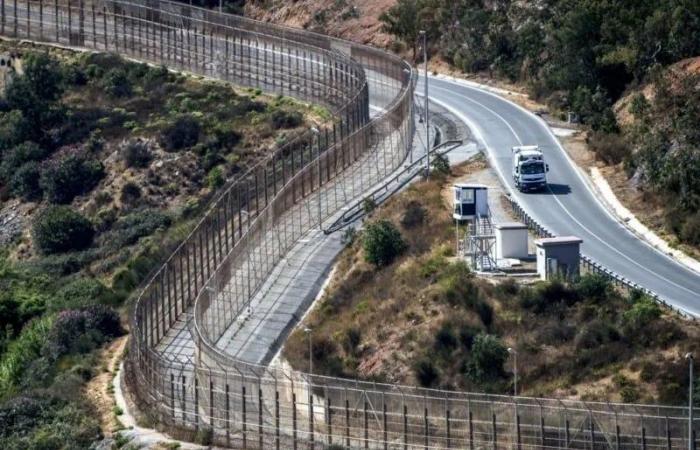The enclave of Melilla turns out to be an administrative labyrinth for many of its inhabitants, particularly Moroccans in an irregular administrative situation, faced with severe bureaucracy and prohibitive costs, reveals the association Solidary Wheels No Borders For Human Rights, in its latest report.
Called “The price of rights.. Exceptionality and bureau-repression: The registration card in Melilla”, the NGO report highlights the administrative obstacles that paralyze the regularization efforts of many migrants in the city, including approximately Moroccans in an irregular administrative situation. Families face obstacles imposed by the Immigration Law in a city with unique characteristics like Melilla, made worse by the closure of borders in 2020.
This closure has in fact exacerbated the already delicate situation of Moroccan residents. Unable to cross to Morocco or access a consulate, notably that of Algeciras, they find themselves stranded, deprived of essential documents such as passports. In addition, children born in Melilla inherit Moroccan nationality without the possibility of documentation due to travel restrictions, the report said.
« Difficulties in civil registration, due to the absence of a passport or lack of fluency in Spanish, compromise their fundamental rights, including access to education and health“, specifies the same source.
Registration procedures are even more complex, hampered by the absence of documents or the language barrier, the report indicates. In addition to administrative constraints, the financial and time burden of these processes discourages many residents, pushing them to abandon their regularization procedures, stifled by high costs and interminable delays.
The registration cédula, an identity document granted by Spain, is aimed at people trapped in this administrative limbo, unable to obtain documents through their consulate. Furthermore, obtaining of the cédula requires proving the impossibility of having documents, the absence of a criminal record, and humanitarian motivations. Although a residence permit is not strictly required legally, its application is often enforced. Thus, although the cedula is renewable annually, it only allows passport renewal without giving legal residence rights.
The Solidary Wheels association highlights the expensive complexity of these procedures. The cost starts at 50 euros for a notarized letter and reaches 244 euros for the notarial act. In families with adult children, separate acts extend the deadlines by up to two months. Add to this the costs of translating Moroccan criminal records, rising to around 300 euros, and lawyer fees of 800 to 1,500 euros to obtain the cedula and residence.
Other unavoidable administrative costs add to an already long list of obstacles to overcome. Faced with these laborious procedures, legal advice becomes a necessity while the Immigration Office, although enjoying a period of three months to provide a response, often extends this deadline, leaving many in uncertainty as to their future status.
Faced with this worrying situation, the “Solidary Wheels” association strongly denounced what it describes as “racist behavior” perpetrated within public administrations and notarial offices against the people concerned. The organization advocates for an overhaul of legal immigration procedures to adapt them to the local realities of Melilla, while advocating a substantial reduction in legal costs. It also emphasizes the need to guarantee the fundamental right to free movement, a key element in ensuring dignity and equal treatment for all.


